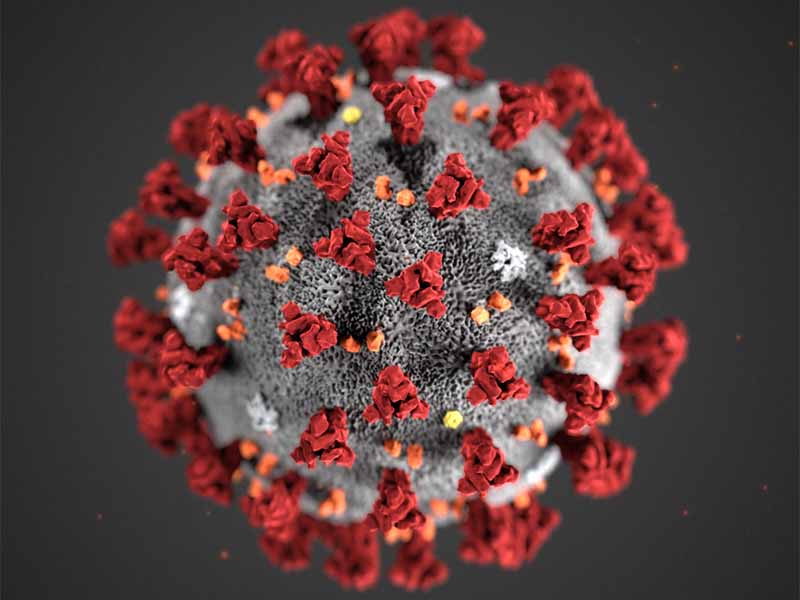March 16, 2020 05:37 pm News Staff -- In the days leading up to President Donald Trump's March 13 declaration that the U.S. outbreak of COVID-19 constituted a national emergency, the AAFP was urging strong action in nearly daily communications to Congress and the White House Coronavirus Task Force.

In a March 10 letter to Vice President Mike Pence, chair of the task force, the Academy expressed growing concern about the unavailability of testing kits; the lack of a clear protocol for when and how testing should be conducted; the scarcity of personal protective equipment for physicians; and inadequate communication among federal agencies, health departments and frontline primary care physicians.
"The AAFP, on behalf of our 134,600 members, formally requests a direct meeting with you and members of the White House Coronavirus Task Force to share concerns we are hearing from our members and discuss the immediate and necessary steps that should be taken to inform, equip and empower family physicians as they prepare to care for thousands of patients impacted by COVID-19 in the coming days," the letter added.
The Academy expects to participate in such a meeting with the task force on March 18.
On March 11, the Academy called on Congress to ensure that the task force would speed up the flow of information, supplies and resources to physicians working on the front lines.
That same day, the World Health Organization declared COVID-19 a global pandemic.
"Consistency and coordination will be the key to successfully responding to this public health crisis," the Academy told the majority and minority leaders of both chambers in the March 11 letter. "We are doing all we can to assemble and disseminate information prepared by the CDC and the World Health Organization to our members; however, we still lack critical information."
And on March 13, the Academy again wrote to congressional leaders, this time to call for swift passage of legislation to address the pandemic -- including support for crucial components of the primary care safety net.
"It is time for Congress to make the necessary investments to ensure that the health care system is prepared to provide care to people in this time of national emergency," said the letter. Like the previous correspondence, it was signed by Board Chair John Cullen, M.D., of Valdez, Alaska.
Specifically, the March 13 letter asked lawmakers to reauthorize and fund the community health center and Teaching Health Center Graduate Medical Education programs that were left in limbo earlier this session.
"Continued underinvestment in primary care education and training will only result in further strains on our primary care system in the future and weakens our ability to confront and manage future outbreaks and pandemics," the Academy said.
The March 13 letter further called on Congress to
- immediately increase Medicaid payment rates for all evaluation and management services provided by family physicians and other primary care clinicians to match those of Medicare;
- create a time-limited telemedicine grant program for solo and small primary care physician practices; and
- pass the Primary Care Patient Protection Act (H.R. 2774), for which the AAFP advocated last year.
The barrage has been necessary.
Alarming early test kit failures and the White House's slow response to the pandemic have raised the pressure on primary care physicians to calm patients and prepare for unprecedented circumstances.
The Academy's recent advocacy regarding COVID-19 also includes a Speak Out campaign, through which members are encouraged to add their voices to these recent messages.
AAFP members, including those working at the vanguard of the health system's response, continue to lend their perspectives to a newly established member community on COVID-19.